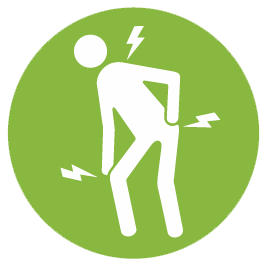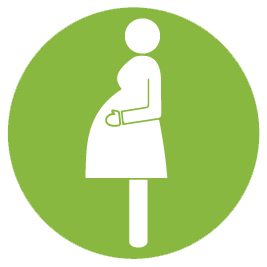Chronic regional pain syndrome (CRPS)
Overview
Complex regional pain syndrome (CRPS) is a common and debilitating chronic pain disorder that usually occurs after injuries or operations. The common involved parts are hands and feet. CRPS is characterized by certain changes to the painful area which might include exquisitely sensitive skin (where even a light brush could be painful), swelling, redness, warmth, and changes to the way the hair and nails grow.
Treatment options
Patients with CRPS may have physiotherapy and occupational therapy input to maintain function. Psychological treatment may help patients to cope with the pain. Medications along with various nerve blockage techniques are also used. Patients with severe CRPS may need anaesthetic infusion or spinal cord stimulation.
Acupuncture
Acupuncture can effectively treat many nervous system conditions, such as Bell’s palsy and sciatica. Compared with medications, acupuncture has no systematic side-effects. Acupuncture for CRPS is also a minimally invasive treatment, which requires no hospital admission or operating theatre.
Treatment objects and protocol
The aim is to significantly reduce the pain and hypersensitivity of the involved area. The initial treatment cycle is 6 sessions, which are delivered over 3-4 weeks. Further treatments depend on individual responses.
Safety
Acupuncture is a well-tolerated safe treatment. Given the nature of CRPS, we don't use any local acupuncture points.
Fee
1st and 2nd treatments: $ 250
3rd to 6th treatments: $200
Medicare rebate: $107.25
Total out-of-pock cost (6 sessions): $ 656.5
*Patients are encouraged to contact Medicare for Extended Medicare Safety Net (EMSN). 80% rebate of the out-of-pocket fee may be claimed when the threshold is reached. The out-of-pocket cost may be as low as $132.
http://www.mbsonline.gov.au/internet/mbsonline/publishing.nsf/Content/Factsheet-EMSN1Jan2020














